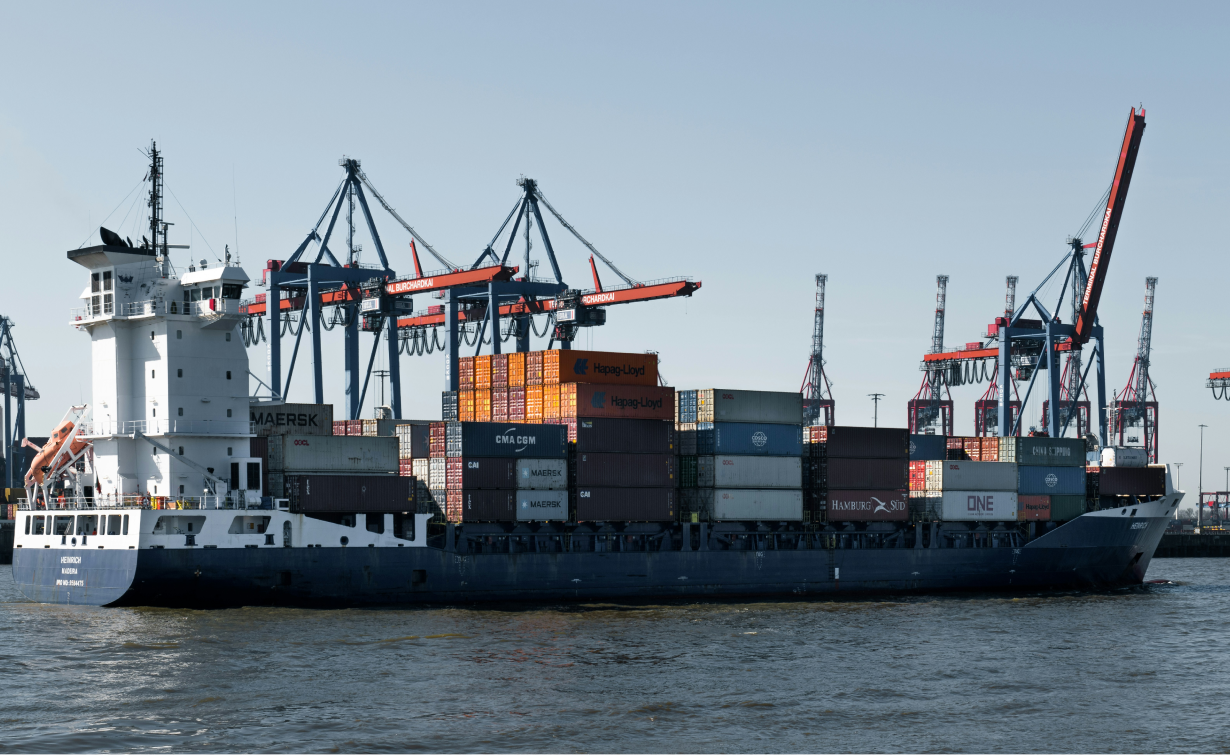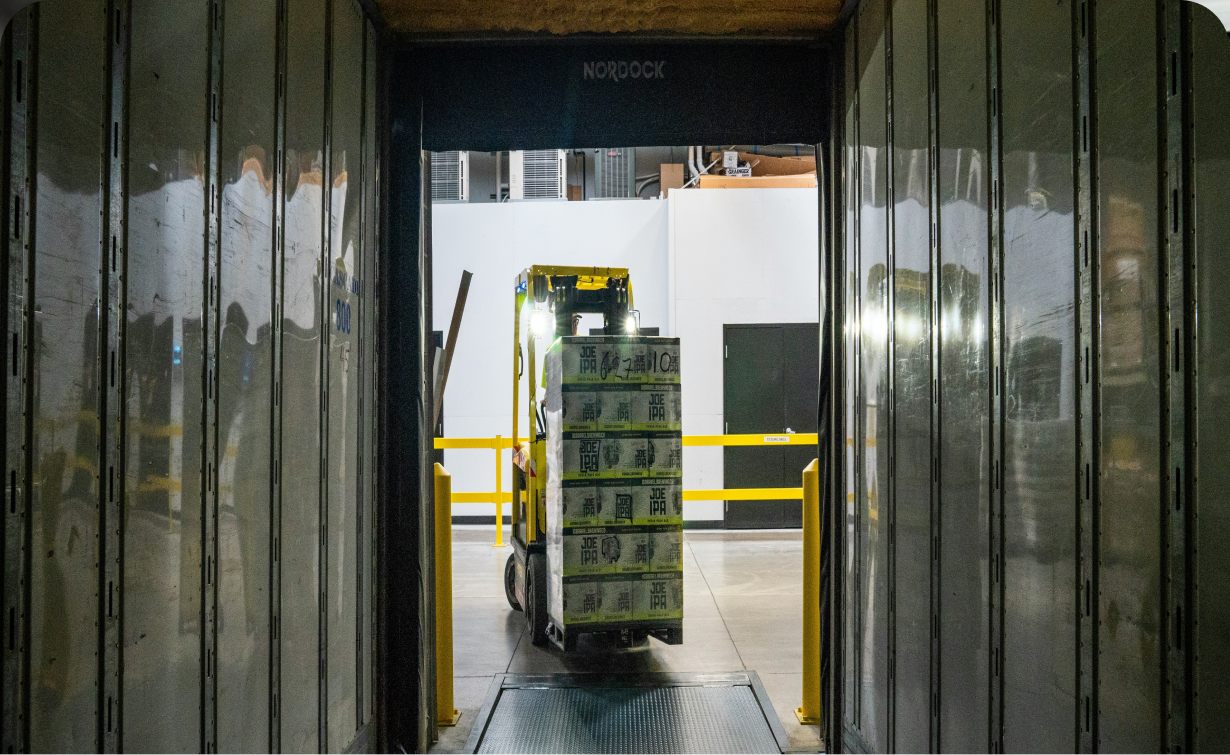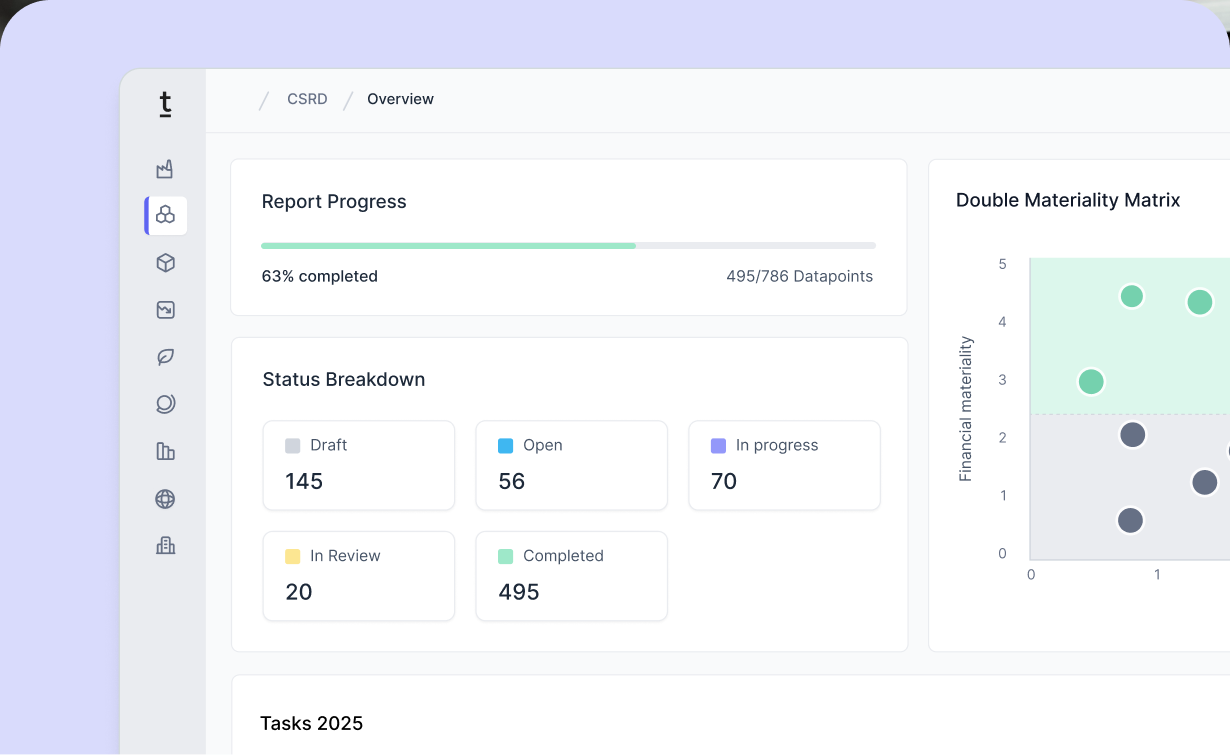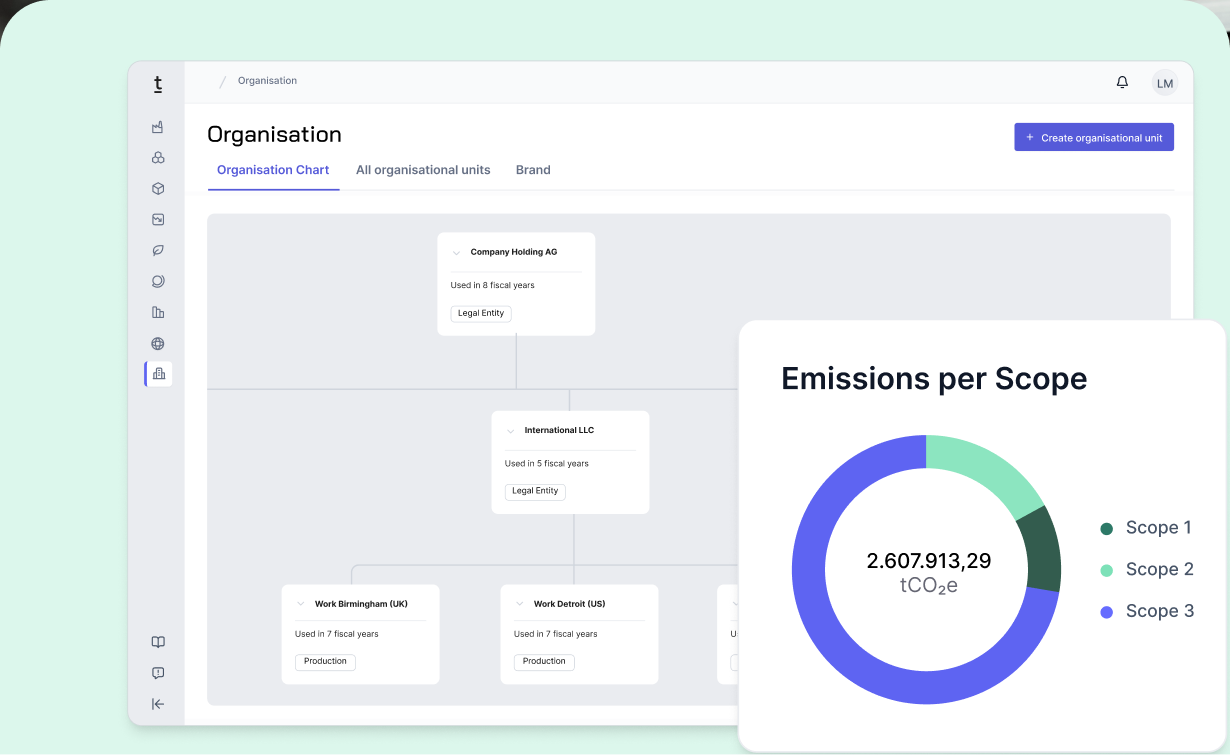CSDDD and LkSG in comparison - similarities and differences between the EU supply chain laws

On April 24, 2024, the EU Parliament set a new standard in corporate responsibility by adopting the Corporate Sustainability Due Diligence Directive (CSDDD). On May 24, the EU Council also approved the CSDDD. This legislative measure aims to obligate companies to comprehensive due diligence in their supply chains, particularly regarding environmental and human rights standards. The CSDDD is not only a significant step for the EU but also a turning point compared to national laws such as the German Supply Chain Due Diligence Act (LkSG).
What is the German Supply Chain Due Diligence Act (LkSG)?
The German LkSG came into effect in 2023 and focuses on ensuring compliance with human rights and environmental standards along supply chains. It requires German companies with more than 1,000 employees to identify, document, and take measures to minimize risks to people and the environment. Violations can result in hefty fines and exclusion from public tenders.
What is the Corporate Sustainability Due Diligence Directive (CSDDD)?
The CSDDD goes a step further, extending responsibility to all large companies within the EU that employ more than 1,000 people and generate a turnover of at least 450 million euros. The directive requires a Double Materiality Assessment and stricter accountability, which must also be met by non-EU companies operating in the EU market. From 2027, affected companies must demonstrate that they prevent or mitigate negative environmental and human rights impacts in their supply chains.
Timeline for Implementing the CSDDD
- 2026: The directive must be transposed into national law by companies.
- 2027: Companies with more than 5,000 employees and a turnover exceeding 1.5 billion euros.
- 2028:The threshold lowers to companies with more than 3,000 employees and a turnover exceeding 900 million euros.
- 2029: In the final step, companies with more than 1,000 employees and a turnover exceeding 450 million euros are included.
Comparison of Sanctions
While the LkSG provides for penalties of up to 2% of global annual turnover, violations under the CSDDD can be punished with fines of up to 5% of net turnover. Additionally, the CSDDD requires the termination of business relationships with suppliers that do not comply with the established standards, representing a stricter approach than the LkSG.
Comparison of LkSG and CSDDD

The Most Important Changes Due to the CSDDD
One of the core elements of the CSDDD (also known as CS3D) is the requirement for companies to create transition plans that take into account the ambitious 1.5-degree targets of the Paris Agreement for the years 2030 and 2050. These plans must be accompanied by detailed CO₂ accounting, which has emerged as one of the most costly and resource-intensive requirements of the Environmental and Social Reporting Standards (ESRS).
Additionally, the CSDDD stipulates that companies must terminate their business relationships if severe negative impacts on the environment or human rights are identified among their business partners that cannot be prevented or remedied. This underscores the companies’ obligation to adhere to strict environmental and human rights standards.
Another significant aspect of the CSDDD is the tightening of legal frameworks: upon identifying civil violations, affected companies now have five years to make claims on behalf of affected parties, which is a stricter measure compared to existing regulations such as the German Supply Chain Due Diligence Act (LkSG).
Recommendations for Companies
To meet these new requirements, companies are advised to embrace digitization and automation, particularly in CO₂ accounting at the corporate and product levels. This can save time and resources while forming the foundation of the sustainability strategy and transition plan.
Furthermore, it is crucial to conduct a Double Materiality Assessment, which examines the financial, social, and economic risks and impacts of a company. This analysis is a central component of both the CSDDD and the Corporate Sustainability Reporting Directive (CSRD), whose requirements companies must also meet to remain compliant. These measures not only enable companies to fulfill regulatory requirements but also proactively take a leading role in sustainable corporate governance.




















































.avif)







.jpg)
.jpg)




















-p-800.webp.avif)
-min-p-800.webp.avif)






-p-800.webp.avif)

